Published
- 04:00 am
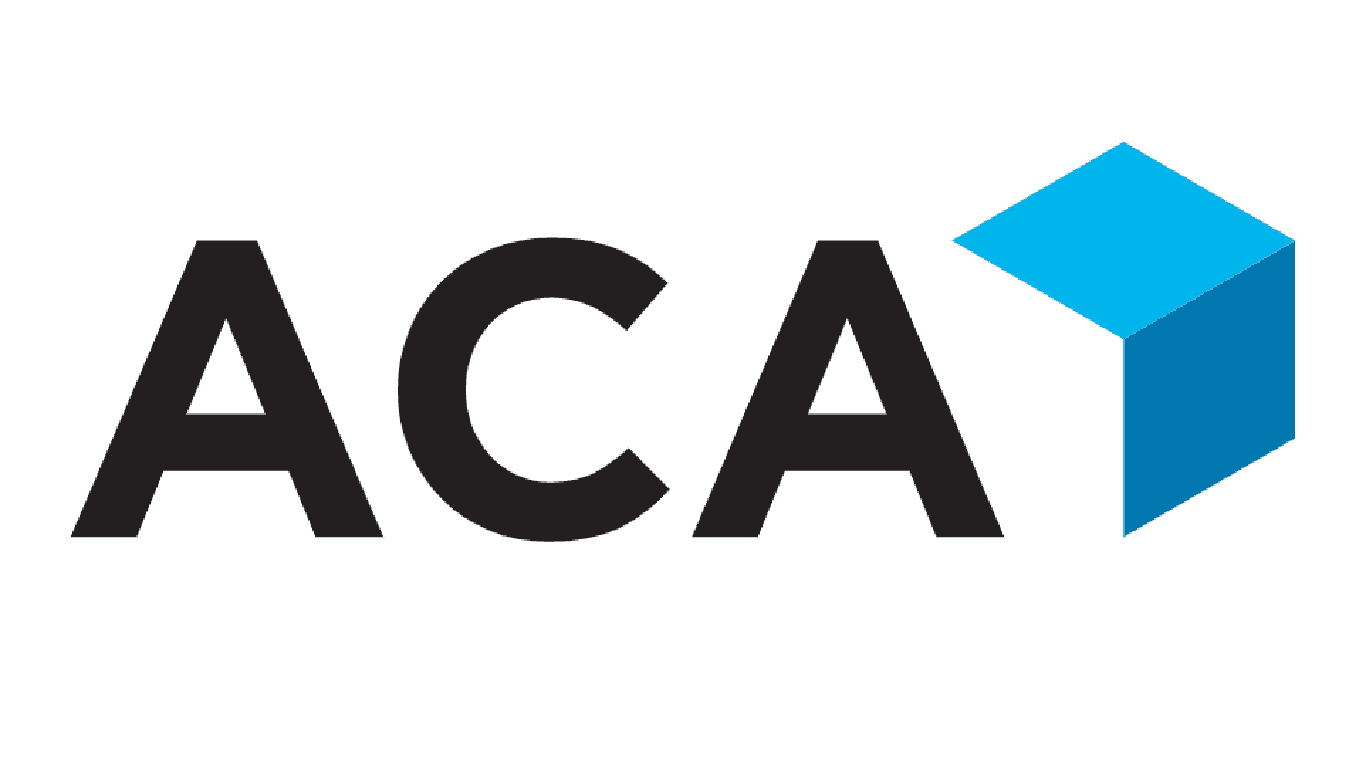
ACA Group (ACA), the leading governance, risk, and compliance (GRC) advisor in financial services, announced that Marie Luchet has joined the firm as Managing Director of ESG, heading up the practice’s strategy and vision for Europe.
Marie brings 20+ years of experience in sustainable finance, ESG research, and corporate sustainability. She was previously the Director of Continental Europe with Principles for Responsible Investment (UN-PRI), the leading global association in sustainable finance. There, she oversaw the design and implementation of PRI’s European strategy, which included supporting investors in implementing ESG integration practices for all types of investment strategies and asset classes and tailoring go-to-market strategies for PRI’s environmental, climate, social, and governance outputs.
Prior to this, Marie served as Head of Responsible Investment with ECOFI Investissements and as an ESG sell-side analyst with CIC Market Solutions. At ECOFI, she designed and implemented the ESG integration strategy for listed equity and fixed income portfolios, supervised the collection of ESG factors, designed the internal ESG rating platform and created the investment products’ ESG reporting. She also developed the firm’s engagement policy, conducting dialogues with investee companies’ senior management to raise awareness and drive change on their ESG issues.
Dan Mistler, Partner, Head of ESG Advisory of ACA Group, noted: “We couldn’t be more delighted that Marie has chosen ACA for her next adventure. Marie is a truly experienced leader in ESG. She has spent her career at the forefront of sustainable investing, on the asset manager, corporate and nonprofit sides, including most recently playing a senior role for the PRI in continental Europe. We see the ESG market changing, and Marie’s expertise and leadership will help ACA’s clients stay ahead of the curve, particularly in drawing on her first-hand experience in global best practices for ESG integration.”
Marie Luchet, Head of ESG Advisory, Europe of ACA Group, commented: “As I believe that private investors’ influence on companies can help tackle the world’s pressing sustainability issues, I am delighted to work with the ACA ESG Advisory team to support investment managers in implementing their ESG strategy, meeting their disclosure requirements and creating value at the company, fund, and asset levels. The mainstreaming of responsible investment is here to stay; it is supported by continued and exponential growth in ESG regulation all around the world and by a strengthening of supervisors’ controls on managers’ ESG claims and practices. ACA has the expertise for clients to feel equipped and confident in navigating this complex and moving landscape.”
Related News

Jordan Lawrence
Chief Business Development Officer at Volt
The UK’s Payments Systems Regulator (PSR) yesterday announced see more
- 02:00 am
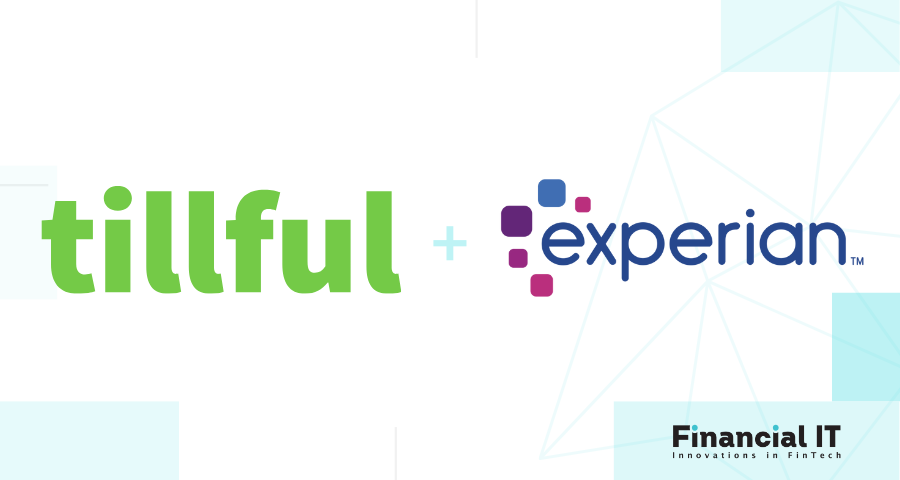
Small business credit platform Tillful, backed by ING Ventures, Experian Ventures, Bitrock Capital, and Katalyst Ventures, announced today that it's partnering with Experian® to help establish credit profiles for businesses that are new to credit or otherwise credit invisible and thereby potentially expand the range of credit options that can be made available to them.
According to the U.S. Census Bureau, the creation of new businesses is booming with over 5.4 million new business applications filed in 2021. Yet, without an existing business credit report, financial institutions can't authenticate a business and owners can have a hard time accessing fair and affordable credit options. The relationship will allow cash-flow data to be used to verify and establish an Experian business credit file for new-to-credit businesses. It puts the control in the hands of business owners to begin building credit on their own terms instead of relying on third-party reporting.
Business owners can visit Tillful's website to see if their company has a credit profile with Experian and, if available, access their existing Experian business credit score through Tillful at no additional cost. If a credit profile is not present, owners will have the option to request that their Tillful profile be shared with Experian so that a business credit profile can be established.
Combining traditional business credit data with owner-permissioned data has the potential to provide lenders with the insights needed to help increase financial access for businesses. The long-term focus of the Experian and Tillful partnership is to help provide a more complete picture of a business's financial health by integrating real-time transaction and cash-flow data with Experian's traditional business credit data.
"There are over 32 million small businesses in the U.S.[1] They're the lifeline of many local communities, but many are new to credit, unable to qualify for the loans they need or simply don't want to apply for credit out of fear of being declined," said Hiq Lee, president of Business Information Services at Experian. "Our work with Tillful will allow more small businesses to establish their financial footprint and ultimately help them get credit."
"We're excited to work with Experian to empower small business owners to have greater control and access to their business credit," said Ken So, founder and CEO of Tillful. "We're proud to continue to bring innovations to the table that increase financial inclusion to new borrowers."
Earlier this month Tillful launched Tillful Card, a secured business credit card designed to help no-file/thin-file businesses build credit. Tillful Card, through strategic partnerships with Mastercard and Sutton Bank, was designed exclusively for underserved small businesses and rewards cardholders on everyday business purchases. It also has the benefit of reporting directly to Experian. The Tillful product suite now includes the Tillful Business Credit Score, Tillful Funding and Tillful Card. Plans for an unsecured business credit card are already underway and set to launch later this year.
Tillful was tapped as a Featured Startup for this year's Collision Conference, taking place June 20-23 in Toronto, Canada. The Experian announcement comes just ahead of this leading global tech event taking place in person for the first time since 2019.
Related News

Jan van Vonno
Head of Industry Strategy at Tink
The UK has officially reached the milestone of 6 million open banking users, with the Open Banking Implementation Entity (OBIE) revealing that open banking payments are see more
- 08:00 am
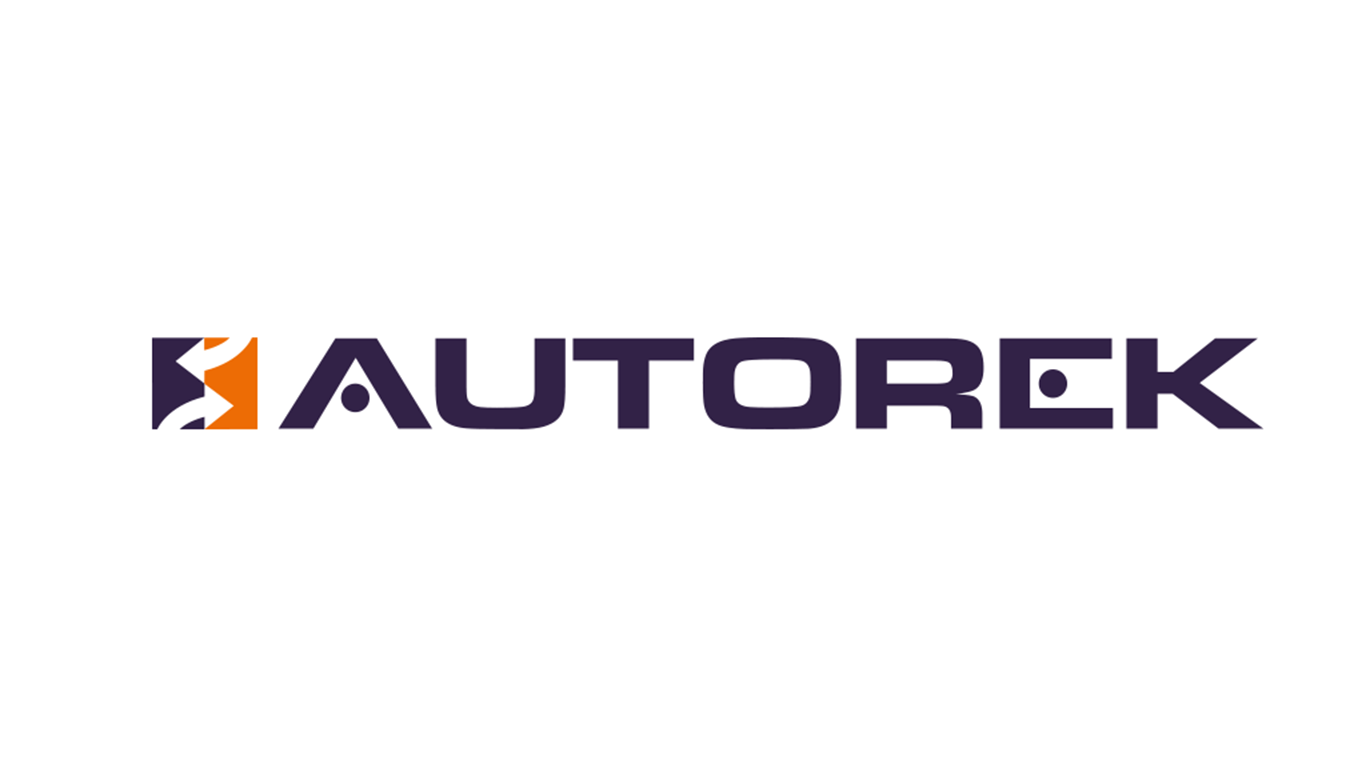
Andrew Elmore has been appointed as Chief Technology Officer at AutoRek. Elmore comes with significant experience as CTO of PagoFX and in C24 Technologies during its sale to Gresham in 2016. He has extensive financial services knowledge gained from previous roles including Head of Technical Architecture at PagoNxt, VP Engineering at Velo Payments and heading up development at SmartStream.
Elmore’s role at AutoRek will cover all technology activities, from product definition and implementation to the 24x365 operation of the cloud reconciliation service. Alongside this, Elmore will be helping with the scale-up of the organisation, ensuring to retain the quality and reliability of AutoRek’s services while increasing the delivery, pace & capacity.
Gordon McHarg, AutoRek’s CEO, commented “AutoRek’s rapid growth over the past few years has been very exciting and with continued plans for recruitment and expansion, we are delighted to have Andrew Elmore join us with his past experience to help drive the company in the direction we have set out.”
Andrew Elmore, CTO at AutoRek commented, “I am very excited to join AutoRek as part of the next stage of their exciting growth. AutoRek’s broad product functionality, market-leading matching engine, domain expertise and cloud platform are dramatically reducing the time and cost for clients to improve their Straight Through Processing (STP) and operational efficiency. Combined with a relentless focus on customer success, I believe AutoRek will continue to be the best choice for traditional and next-gen financial institutions alike.”
Related News
- 03:00 am
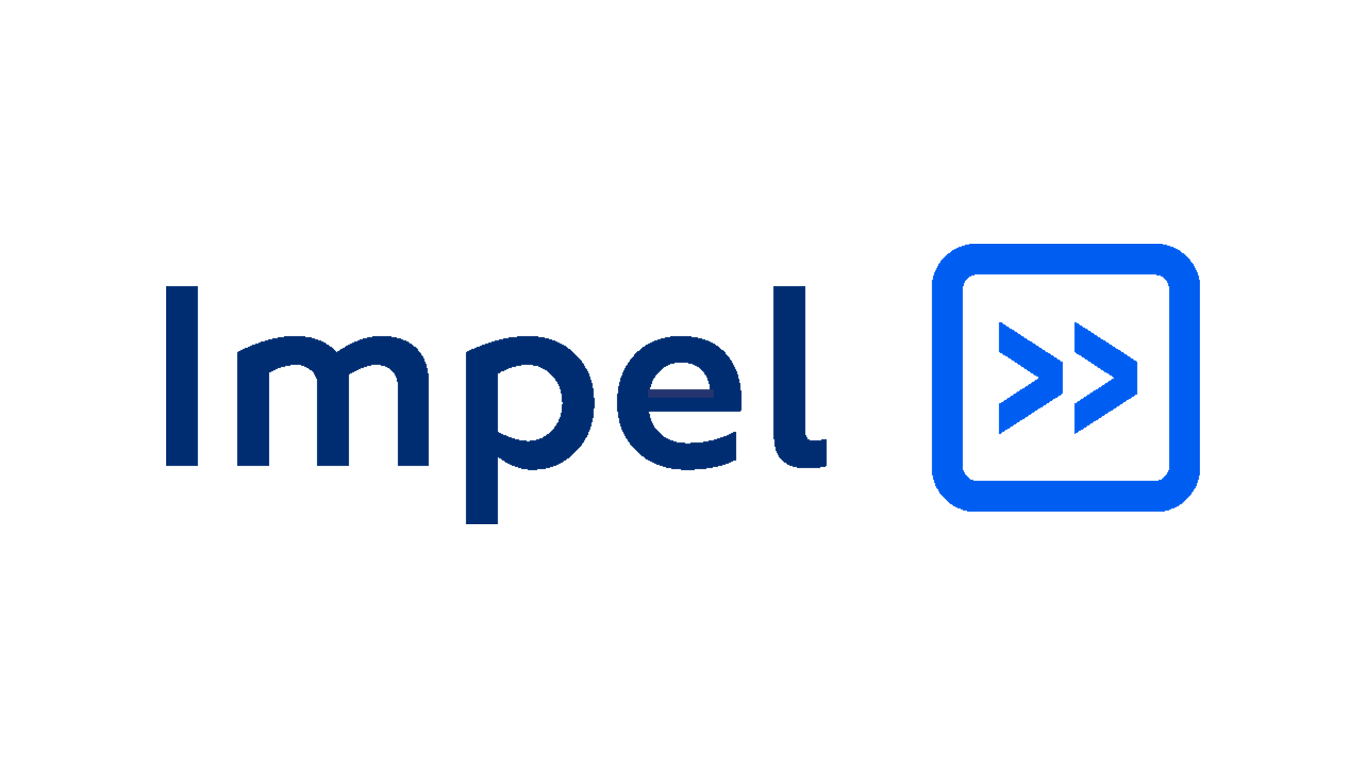
Impel and the XDC Network (XinFin) today announced the official launch of Impel, an alternative solutions platform for quickly and securely sending ISO 20022-compliant financial messages. It includes the option to add $XDC as collateral for instant settlement and a bridge to the R3 Corda platform for future-facing banks and fintechs.
Impel was created as a cost-effective alternative to legacy financial messaging solutions, like SWIFT and SEPA, providing an interoperable standard for financial data exchange while also streamlining settlement and reconciliation.
“Our technology is easy for financial institutions to implement and will increase their ability to offer an improved customer service experience through more efficient and lower cost transactions,” said Troy S. Wood, CEO and Founder of Impel. “We’re already engaging with some of the largest global banks and payment companies, as well as smaller financial institutions in emerging markets as part of our pilot program. We expect that Impel’s financial messaging platform and the R3 Corda Bridge could become ubiquitous globally within two years or less.”
Impel’s service offerings run on the XDC Network, which was created and is maintained by XinFin Fintech, a CoinMarketCap top 100 enterprise-ready hybrid blockchain project for global trade and finance. Leveraging outstanding security, Impel’s financial messaging platform uses an API that meets the new ISO 20022 standard and is quickly becoming the global language for financial messaging. Impel also offers a real-time settlement option by using $XDC (or XRC-20 tokens), XDC Network’s native coin, as collateral in the financial message’s payload instead of the current two-plus day standard commonly used across the financial services industry through the central banking system and settlement through nostro/vostro accounts.
Security is most important at Impel, and transactions are routed through a highly secure API, utilizing a Layer 2 solution that prevents data exposure to unauthorized parties and developed by a team with decades of information technology experience in providing secure technology infrastructure for banks and fintechs. Plus, each validating node on the XDC Network is KYC-compliant and features built-in forensic monitoring to quickly target and eliminate bad actors.
Financial institutions can also use Impel to strategically transform their businesses and unlock value-added opportunities enabled by the new ISO 20022 standard, as well as administrative monitoring tools for reporting and management.
Impel will not charge implementation, annual membership, nor per-usage fees for the financial messaging service. The only cost for banks and FIs is the XDC Network’s near-zero gas fee to send messages/payments, which is only a fraction of a cent ($0.00001 or less) per transaction. The financial transactions can be rolled up into just one message, meaning that multiple messages can be sent in one transaction allowing for customization that meets the demands and desires of the involved parties.
Impel offers a self-paced ISO 20022 financial message demo that allows anyone to create and send transaction requests over the XDC Network’s mainnet. The demo is available on their website, https://impel.global.
Through the R3 Corda | XDC Network Bridge, $XDC value can move freely between the Corda public network and the XDC Network’s public blockchain. This unique bridging technology allows data to be recorded privately on the Corda platform, while limited data sets are transferred to the XDC public network – mitigating institutional risk and turning Corda into a hybrid network. It can also be used as a settlement vehicle inside of the Corda ecosystem.
“Impel is bringing to market much-needed solutions, creating service offerings that not only improve traditional banking institution operations but also help grow and push emerging financial businesses to the next level,” said Richard Crook, Chief Operating Officer at BCB Group, who recently acquired Impel’s development partner, LAB577, where Richard remains as the CEO. “We view ISO 20022 as a strong, single standardization approach for aligning all financial initiatives along the same standard later this year. But it will require banks and FIs to rethink how payments integrate into wider business, infrastructure and growth strategies. $XDC is just the first currency across the XDC Network and lays the groundwork for connecting Corda to other digital asset networks like Ethereum, improving overall interoperability for fintech communities.”
Related News
- 07:00 am
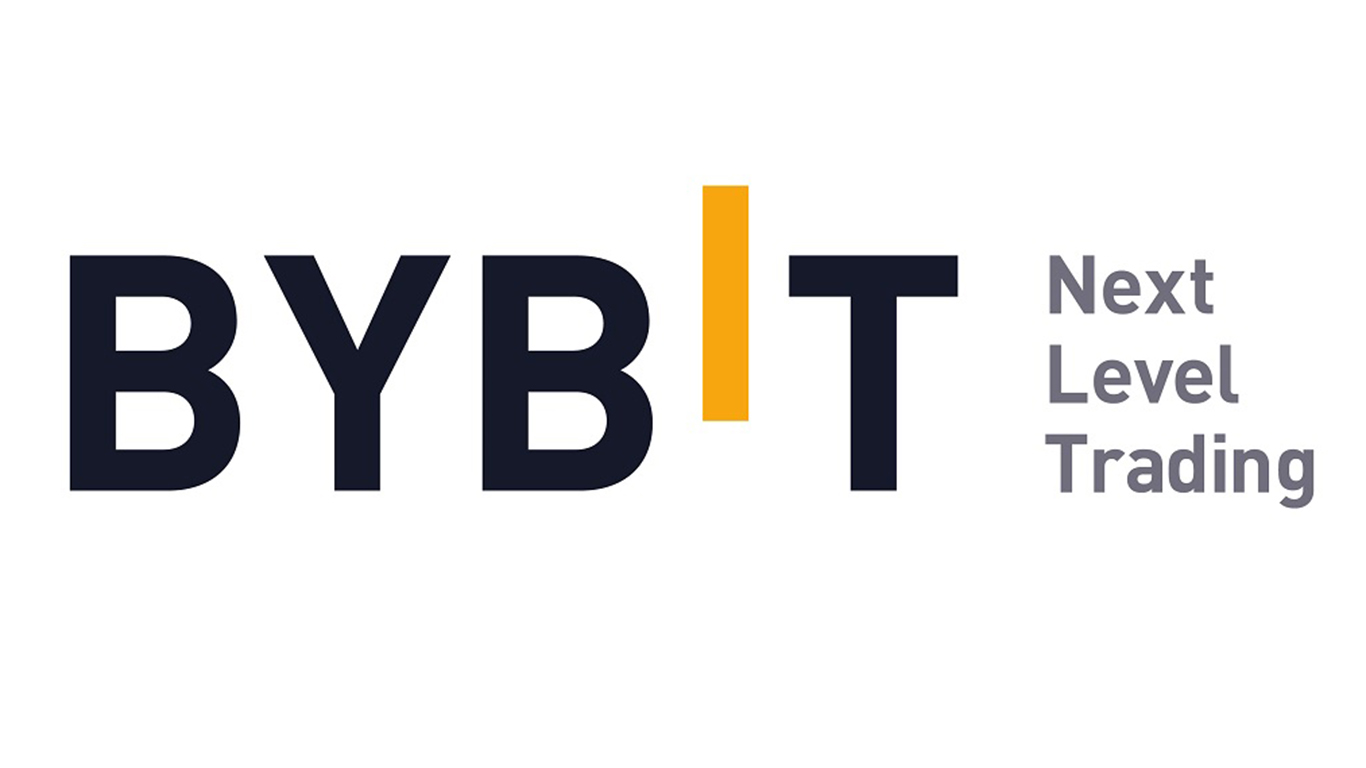
Bybit, one of the world’s fastest-growing cryptocurrency exchanges, has announced the launch of its grid trading bot.
Bybit’s new grid trading functionalities will be available to all registered users on June 20. Bybit users will be able to utilize the grid trading bot to automate their buy and sell orders and adjust their investment amount.
By executing low purchase orders that lead to high sell orders during a lateral price movement, the system ensures profitability each time the sale price exceeds the purchase price, thus eliminating the need for market forecasting. It is based on the trading principle of buying at a low price and selling at a higher price to earn the difference, and it is considered most effective and best suited for markets that experience regular price fluctuations.
Bybit provides smart AI parameters for each trading pair available on the bot. The parameters are developed and maintained by quantitative specialists to maximize profits for our users. Once a user has set up their trading bot and is earning a good return, they can share their strategy with a fellow trader with the click of a button.
Building onto Bybit’s VIP program that provides regular users reduced trading fees as well as discounts, a $500K prize pool, and real-life meet-ups, VIP users can enjoy the same trading discounts using the new bots, while those on track to becoming VIPs can more quickly advance their level thanks to the bot’s higher trading frequency.
Enhancing Grid Trading With World Class Liquidity and Reliability
Bybit has proven itself to be the most reliable, stable and usable cryptocurrency exchange of the crypto bull run in 2021, offering the best liquidity and spread. Unique among major exchanges, Bybit experienced a 99.99% up rate throughout the year with no overload nor downtime throughout with its robust 100K TPS matching engine.
Liquidity is arguably the be-all and end-all attribute for asset exchanges. Bybit’s derivatives trading platform has the world’s best liquidity and tightest spread. Traders can manage risks and safeguard themselves against excessive losses with multi-layered liquidation protocols to ensure safety and fairness across all Bybit trades every step of the way, ensuring them the best quote and best execution in the market even during extreme volatility.
Bybit’s retail-focused products and customer support-focused services will help lower the entry threshold to crypto trading to a host of users around the world, allowing them to seamlessly enjoy the immediate delivery of crypto trades.
“Grid trading has been around for quite some time, and is a proven and profitable trading methodology, especially for a market as fluid as crypto,” said Ben Zhou, co-founder and CEO of Bybit. “At Bybit, we are always on the lookout for products and services that can help our users capitalize on the bull run and on the emerging digital asset class with ease and confidence. We are convinced that our users will be as excited about grid trading as we are in rolling it out for them."
Related News
- 05:00 am
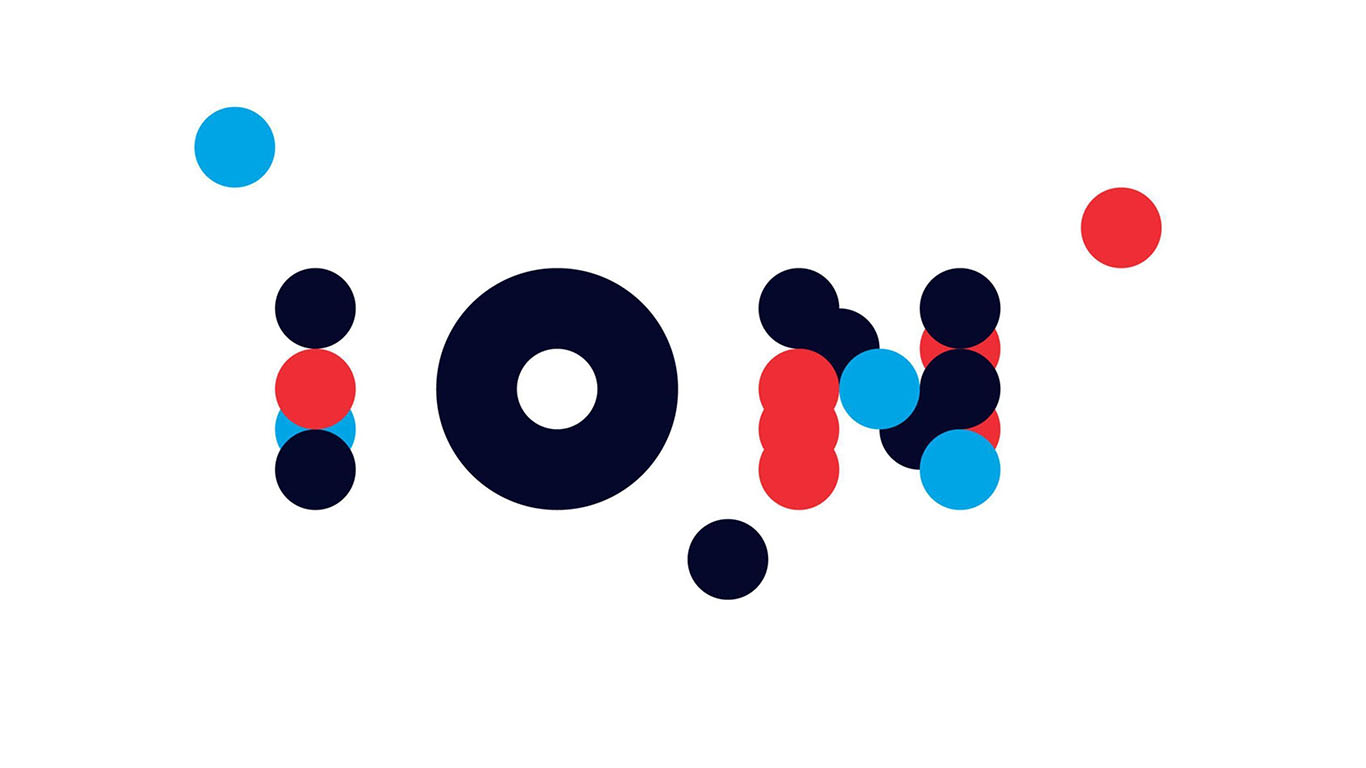
ION, a global leader in trading, analytics, treasury, and risk management solutions for capital markets, commodities, and treasury management announces the launch of a new product for both buy and sell-side fixed income traders. ION’s new FI EMS will ease challenges around selecting counterparties and sourcing liquidity by digitalizing the entire dealer-to-customer (D2C) trading process.
Under pressure to deliver the best execution across different bond asset classes, trading desks are increasingly considering digitalizing the D2C trading process, including automating liquidity sourcing and price discovery. In an increasingly fragmented market, traders must remain competitive and reduce operational risks. As a buy-side solution, FI EMS ensures the best execution among various D2C markets and retail venues. Inbound flow of orders can be routed to multiple platforms and dealers so they can auto-execute against the best price with configurable best execution policies.
Integrated with the ION market-making solution, FI EMS offers buy-side capabilities to sell-side traders through direct execution as well as at-trade and post-trade hedging. Catering for increasingly complex regulatory pressures, FI EMS provides a comprehensive audit trail of all execution steps and generates client reports automatically.
Tommaso Di Grazia, Head of Fixed Income Product Development at ION Markets said: “Whether you are on the buy-side or sell-side, delivering first-class service for your clients can be complex, especially when dealing with multiple requests in a volatile market. FI EMS enables intelligent auto-execution capabilities for executing brokers while extending access to liquidity for sell-side traders.”
“Since its inception, ION has focused on building solutions that help traders automate tasks, reduce the overall operational risks and in this case, deliver better-fixed income execution,” Di Grazia added.
Related News
- 03:00 am
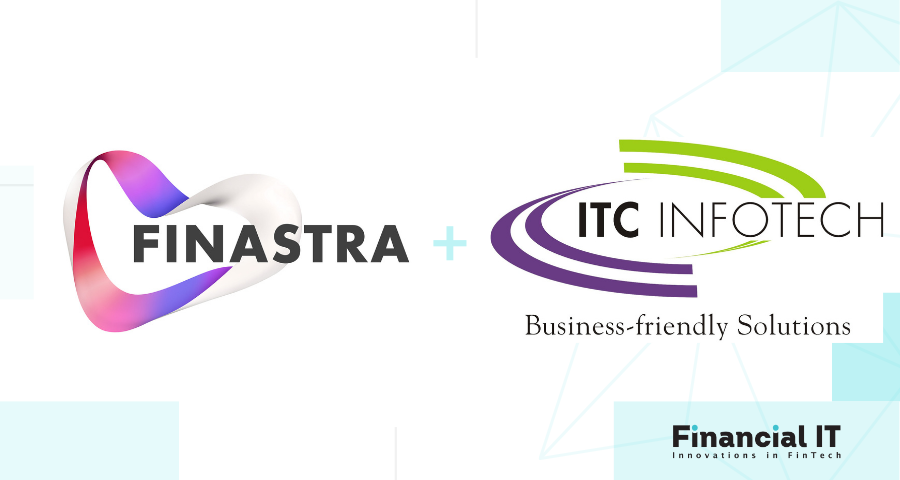
Finastra today announced a strategic partnership with ITC Infotech to deliver Finastra’s Fusion Kondor cloud-based Treasury as a Service solution to its growing customer base in Europe. Customers will benefit from increased automation of treasury services, an evergreen system that keeps pace with regulatory change, and rapid time to go live for new features and functionalities. The partnership strengthens Finastra’s long-standing relationship with ITC Infotech.
Anindya Roy, President - Europe at ITC Infotech commented, “Banking treasury teams are looking to modernize their processes and improve their operational resilience. The Kondor Treasury as a Service solution will enable banks to harness treasury technology quickly, to automate manual processes, reduce dependency on spreadsheets and legacy technology, and improve cost efficiency. Finastra’s technology is market-leading, and we are excited to bring customers a seamless managed services proposition, which is easy and quick to implement, and significantly reduces cost overheads across treasury, risk and compliance.”
“Capacity to build and run treasury systems at many banks is a challenge, and with increasing regulations to comply with, an automated solution that fills operational gaps can be ideal,” said Monica Summerville, Head of Capital Markets, Celent. “Leveraging cloud delivery, bank employees can focus on their core roles, rather than worrying about underlying IT. This route also provides treasury managers with the visibility and flexibility to easily comply with regulations, for which requirements are constantly updated within the solution, including Basel IV, EU CRR IV, FRTB, SA-CCR, and IRRBB.”
The solution could be up and running in as little as 90 days, as it is designed ready-to-use and pre-configured with best practice models. Ahead of implementation, customer value experts from Finastra and ITC Infotech spend time with the bank’s treasury, operations and IT teams to review the current architecture, helping to mitigate risk and ensuring a future-proof solution in a secure cloud. Banks using Finastra technology can also tap into the FusionFabric.cloud open development platform to access innovative apps.
Wissam Khoury, EVP, Treasury & Capital Markets Business Unit at Finastra said, “ITC Infotech has been a long-standing partner of ours and it makes sense to expand on our proven delivery track record, to bring banks in Europe, access to leading treasury technology in the cloud. Together we will deliver our treasury platform as a managed services offering, creating a compelling solution for our joint customers to take advantage of new capabilities such as liquidity management. This move aligns well with our commitment to orchestrating ecosystems that bring real value to the financial services industry.”
Related News
- 06:00 am
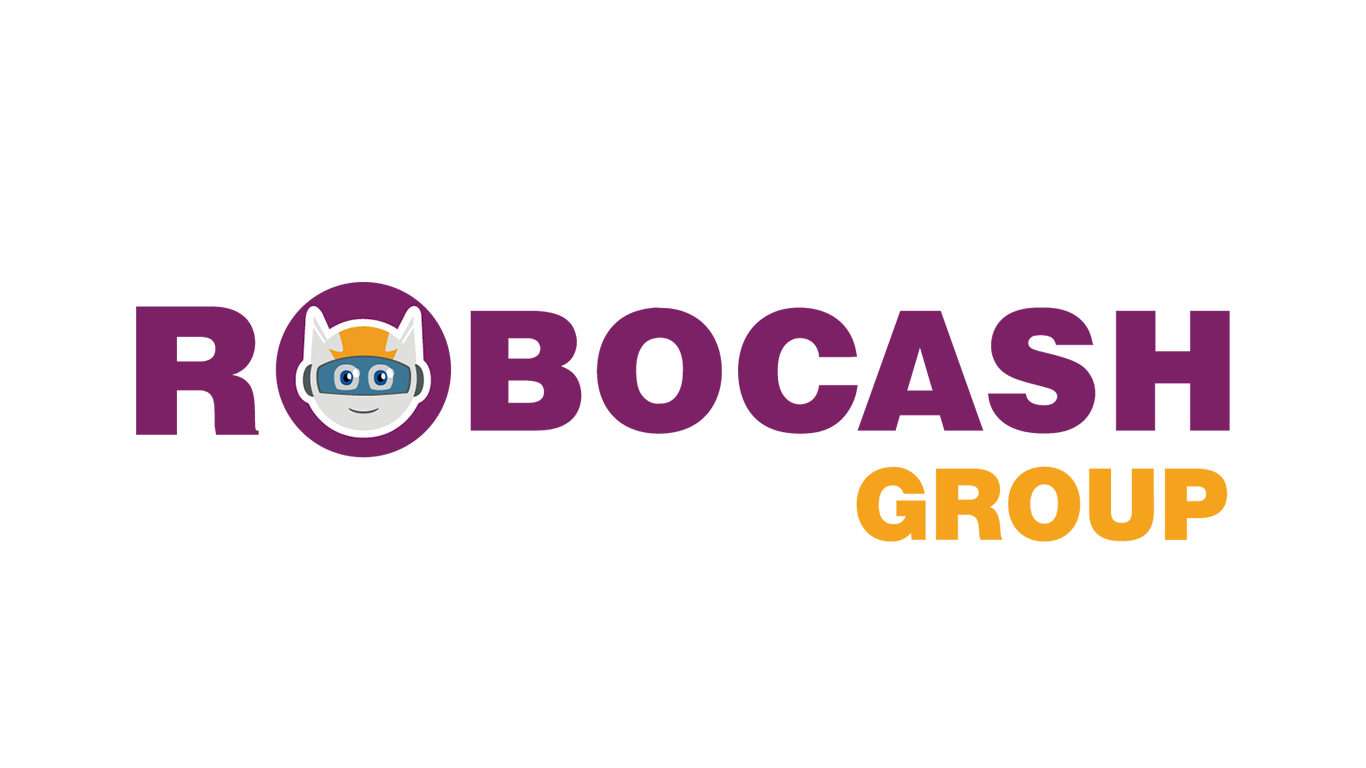
Robocash Group revealed that the lending from traditional banks is being replaced by the non-bank options with the fastest-growing rates in the Philippines and Singapore. The total opposites are Malaysia and India, where the banking sector is currently experiencing more rapid growth.
According to Robocash Group, the Philippines and Singapore feature the fastest growing alternative lending sector. The Philippine bank loans are being systematically replaced by the non-bank options. The portfolio of the Philippine non-bank loans in the local currency has increased by 52.3% (+11.1% average YoY). vs. the 42.3% growth of bank loans (+7.3% average YoY). Each year, alternative lending in this region grows on average 4% faster than traditional bank credit.
Robocash Group’s analysts note that the total opposites of the Philippines and Singapore are Malaysia and India: the bank sector in these regions is currently growing faster. Among other contributing factors, this is due to the relative wealth of Malaysians who gravitate towards traditional banking services, as well as national digital initiatives in India within the state banking system.
Vietnam and Indonesia demonstrate low penetration for both the bank and non-bank loans. Still, the average yearly growth of the bank credit market in Vietnam is 3% faster than non-bank lending, with a similar trend in Indonesia - 1% average YoY growth advantage. This may indicate some level of consumer trust in the banking sector.
Remaining Sri Lanka features a considerable degree of competitiveness. Consumer demand for both credit sectors is growing at a comparable pace, although banking still has a slight advantage.









